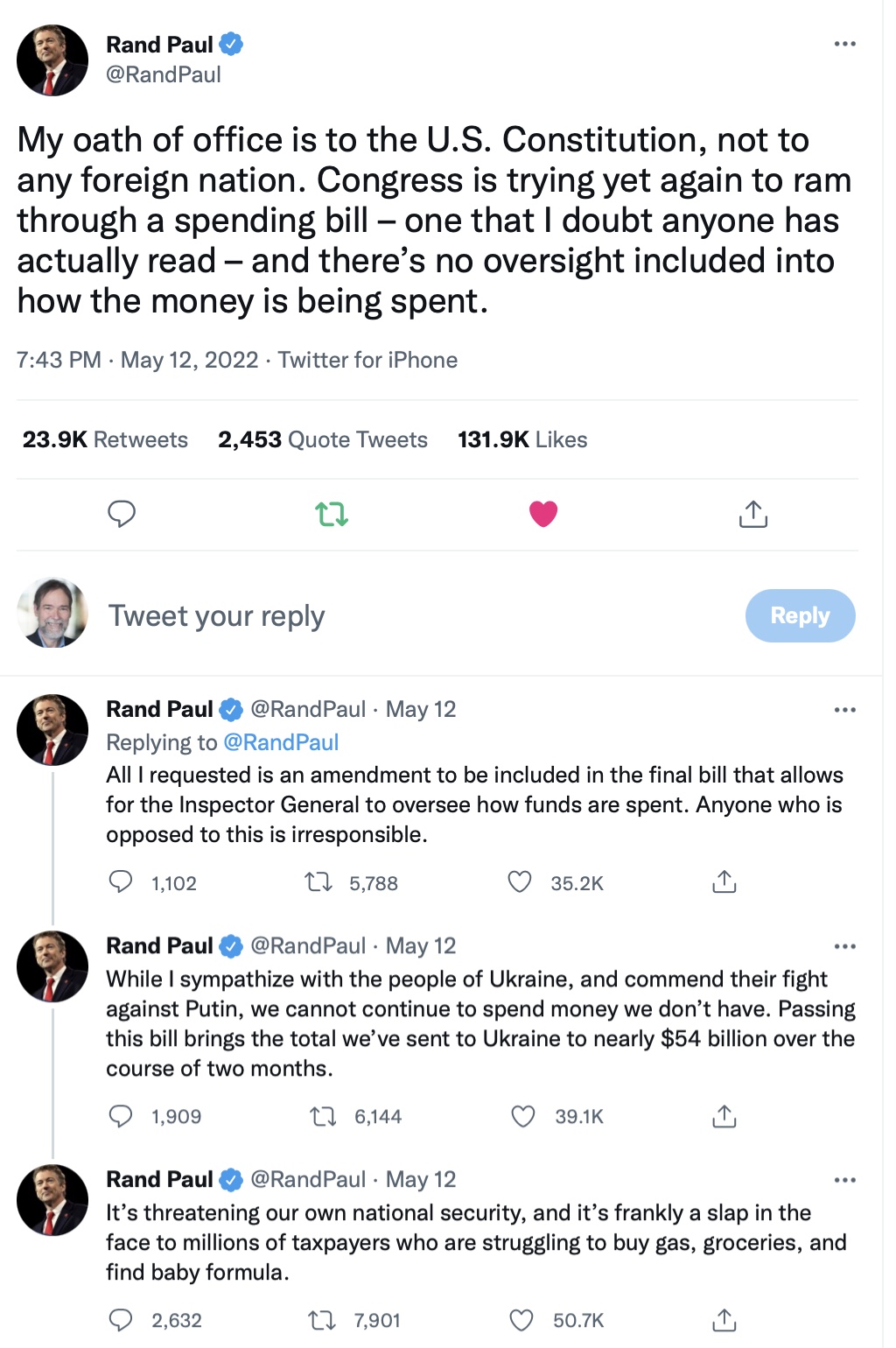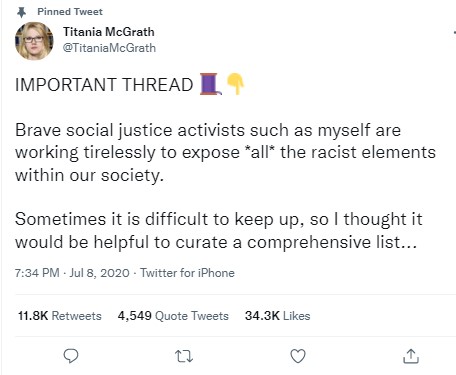The Mass Media’s Distorted Lens When It Decides Who to Blame for Mass Murders
Mass murderers often follow various public personalities and causes. Sometimes, they commit their mass murders in the name of those public personalities and causes. Who is to blame when that happens? It depends on whether news outlets approve of the personality or the cause. Glenn Greenwald explains in an article titled "The Demented - and Selective - Game of Instantly Blaming Political Opponents For Mass Shootings: All ideologies spawn psychopaths who kill innocents in its name. Yet only some are blamed for their violent adherents: by opportunists cravenly exploiting corpses while they still lie on the ground." Here is an excerpt:
To be sure, there have been a large number of murders and other atrocities carried out in U.S. and the West generally in the name of right-wing ideologies, in the name of white supremacy, in the name of white nationalism. The difference, though, is glaring: when murders are carried out in the name of liberal ideology, there is a rational and restrained refusal to blame liberal pundits and politicians who advocate the ideology that animated those killings. Yet when killings are carried out in the name of right-wing ideologies despised by the corporate press and mainstream pundits (or ideologies that they falsely associate with conservatism), they instantly leap to lay blame at the feet of their conservative political opponents who, despite never having advocated or even implied the need for violence, are nonetheless accused of bearing guilt for the violence — often before anything is known about the killers or their motives.
In general, it is widely understood that liberal pundits and politicians are not to blame, at all, when murders are carried out in the name of the causes they support or against the enemies they routinely condemn. That is because, in such cases, we apply the rational framework that someone who does not advocate violence is not responsible for the violent acts of one's followers and fans who kill in the name of that person's ideas.
Indeed, this perfectly sensible principle was enshrined by the U.S. Supreme Court in the landmark 1982 unanimous free speech ruling in Claiborne v. NAACP. That case arose out of efforts by the State of Mississippi to hold leaders of the local NAACP chapter legally liable for violence carried out by NAACP members on the ground that the leaders’ inflammatory and rage-driven speeches had “incited” and “provoked” their followers to burn white-owned stores and other stores ignoring their boycott to the ground. In ruling in favor of the NAACP, the Court stressed the crucial difference between those who peacefully advocate ideas and ideologies, even if they do so with virulence and anger (such as NAACP leaders), and those who are “inspired” by those speeches to commit violence to advance that cause. “To impose liability without a finding that the NAACP authorized — either actually or apparently — or ratified unlawful conduct would impermissibly burden the rights of political association that are protected by the First Amendment,” ruled the Court.
This principle is not only a jurisprudential or constitutional one. It is also a rational one. Those who express ideas without advocating violence are not and cannot fairly be held responsible for those who decide to pick up arms in the name of those ideas, even if — as in the case of James Hodgkinson — we know for certain that the murderer listened closely to and was influenced by people like Rachel Maddow and Bernie Sanders. In such cases, we understand that it is madness, and deeply unfair, to exploit heinous murders to lay blame for the violence and killings on the doorsteps of our political adversaries. [More . . . ]


